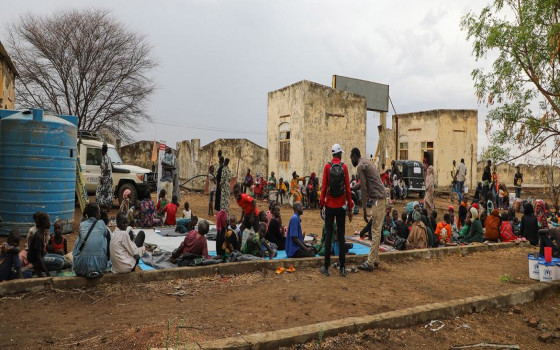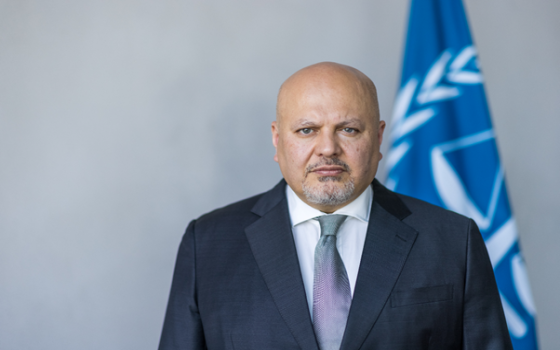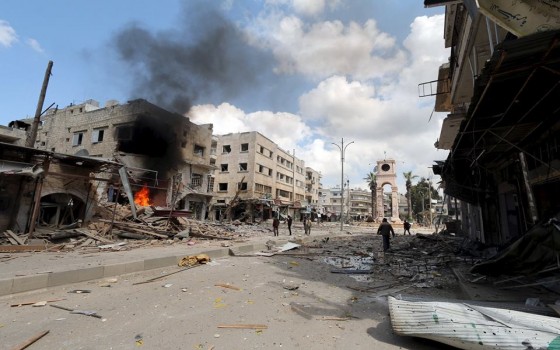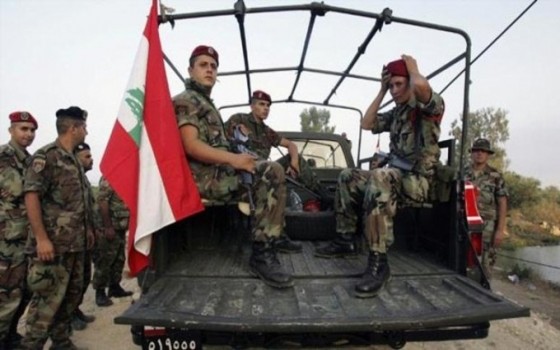"Terror is a common currency": ICC Prosecutor warns of worsening situation in Darfur..FAO urges boosting local food production to reduce famine outbreak

- Europe and Arabs
- Tuesday , 6 August 2024 10:19 AM GMT
New York - Khartoum: Europe and the Arabs
The Prosecutor of the International Criminal Court, Karim Khan, warned of the escalation of violence and suffering in Darfur, describing the past six months - since he gave his last briefing on the situation in the region - as months of misery and suffering for the people of Darfur.
The Prosecutor, Karim Khan, gave a briefing to the Security Council yesterday, Monday, in which he reviewed his thirty-ninth report on the situation in Darfur, referring to reliable reports of rape crimes against children and widespread persecution against the most vulnerable civilians, stressing that "terror has become a common currency." He warned that "this terror is not felt by those carrying guns and weapons, but by people who often flee barefoot." He stressed that these crimes are not just echoes of the past, but rather a nightmare that people are living today. He called on the Security Council to consider innovative ways to stop this cycle of violence, wondering whether enough efforts have been made to impose peace and give the ceasefire a chance. The Prosecutor highlighted the significant efforts made over the past six months to engage with affected communities, Arab community leaders, civil society organizations, relevant national authorities in Sudan, third countries, and regional international organizations.
Karim Khan said that this crisis is fueled not only by politics and weapons, but also by a deep sense of impunity, noting that his Office is working to ensure that the law in Darfur is felt by both those seeking its protection and those who believe it does not apply to them.
The Prosecutor expressed his particular dismay at the extremely horrific accounts of crimes against children and gender-related crimes, saying that his Office prioritizes allegations of these two types of crimes, as crimes that have historically – in Sudan, and in the wider world – disproportionately affected the most vulnerable. Mr. Khan touched on his recent visit to the Farchana camp for Sudanese refugees on the Chadian-Sudanese border, noting that the visit was an opportunity to listen to the experiences of survivors of violence in Darfur and the trauma they had experienced, “and some of their expectations of me, the ICC and the Security Council.” Karim Khan said the Court was trying to explore new ways to engage and obtain survivors’ accounts and stories, preserve them, analyze them and piece them together to identify the crimes and those responsible for committing them with stubbornness and determination against the people of Darfur. He added: “We have also deployed technological tools so that we can collect different types of evidence that are now available from phones, video recordings and audio files, which have also proven to be very important in piercing the veil of impunity collectively.” Despite the challenges, Khan stressed that the ICC is working tirelessly to ensure accountability, highlighting recent cooperation with Sudanese authorities and efforts to collect evidence from displaced persons and witnesses, noting that visas for the court team to Port Sudan have been approved and the team has met with Sudanese authorities including the Attorney General and the National Committee established to investigate crimes committed in the context of the current conflict in Darfur. He added that he received commitments from the Chairman of Sudan’s Transitional Sovereignty Council, Lieutenant General Abdel Fattah al-Burhan, last year. Regarding the trial of Ali Mohammed Ali Abd al-Rahman, known as Ali Kushayb, Karim Khan said that the trial is going well despite being somewhat delayed due to insecurity in Darfur and the judges having to make various adjustments to the original timetable, “but it is still one of the most effective trials in the history of the ICC,” he said. He concluded by stressing the urgent need for collective action to end this humanitarian crisis. On the other hand, after the declaration of famine in parts of North Darfur State, Sudan, the Food and Agriculture Organization (FAO) called for an immediate cessation of hostilities, and the expansion of life-saving food and cash assistance, as well as emergency agricultural assistance, in an attempt to address immediate needs and avoid the risk of famine increasing and spreading to other areas across Sudan.
In a statement issued yesterday, FAO Director-General Qu Dongyu said: “We are witnessing horrific famine conditions in parts of North Darfur and a growing risk of famine in other settlements and conflict-affected areas, particularly in Darfur, South Kordofan, Khartoum and Al-Jazeera.”
Dunyu noted that the organization had been sounding the alarm about the impending catastrophe, but due to the ongoing conflict and limited humanitarian access, these communities continue to lack the immediate support they need. He added: “We need urgent and coordinated action to prevent an even greater catastrophe. The famine can be stopped, but an immediate cessation of hostilities is a necessary first step. Peace is a prerequisite for food security, and the right to food is a basic human right.” According to the Food and Agriculture Organization, nearly 65 percent of Sudan’s population works in the agricultural sector, which has been “on the frontline of the conflict, suffering significant damage and disruption – with cascading and worrying consequences for food security and nutrition.” The organization warned that the situation is likely to be exacerbated by above-average rainfall and above-average temperatures expected across southern and central Sudanese states, due to La Niña conditions expected from August to September. “Potential flooding could increase the risk of additional crop and livestock losses, while limited humanitarian access is disrupting food supplies and increasing the risk of famine,” the organization said. FAO said it is leading multi-sectoral efforts with its partners to prevent a worsening famine situation across the country














No Comments Found